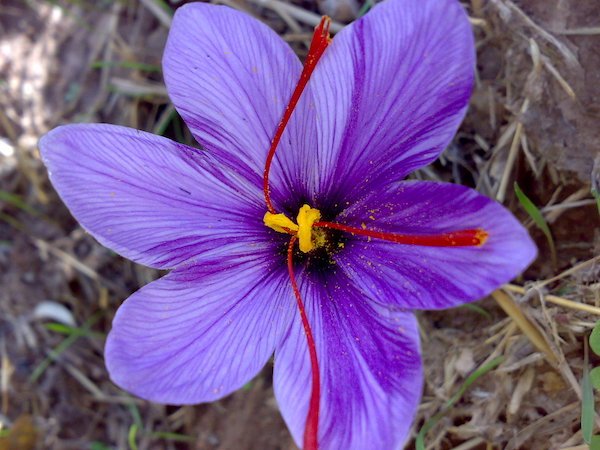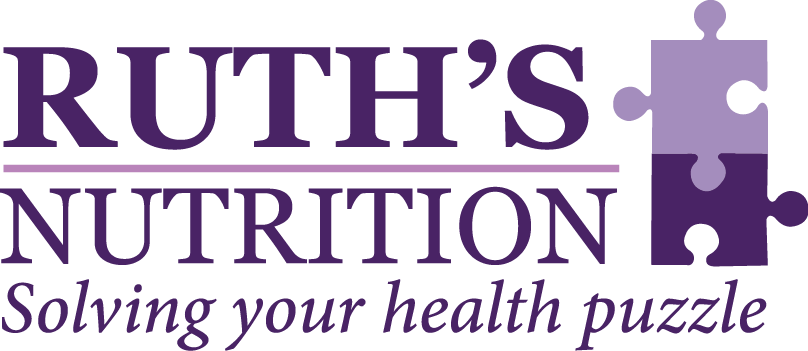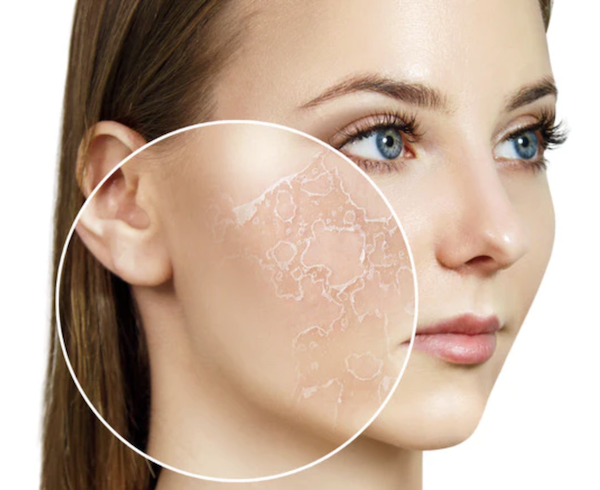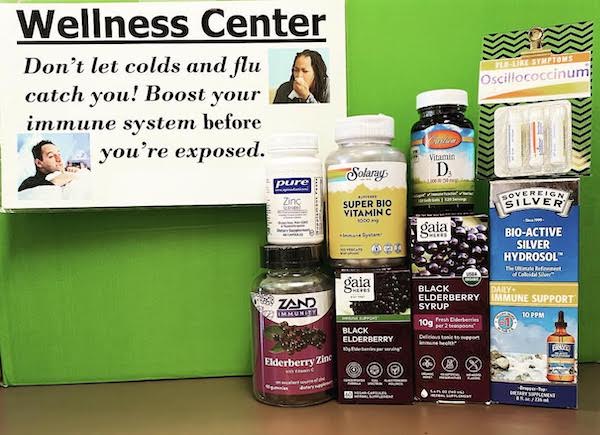The exotic red spice with multiple health benefits

Saffron, the threads from the purple crocus (Crocus sativus), is a spice that has been found in kitchen and medicinal cabinets for more than 3,000 years. Native to Southwest Asia, it was first cultivated in Greece, then made its way around the world. It landed in North America in the 1700s, packed in trunks by the Pennsylvania Dutch who were fleeing religious persecution in Europe.
Today saffron is commercially cultivated primarily in Spain, France, Italy, and Iran. Farmers can hardly keep up with demand for its use in cooking, cosmetics, dyes, perfumes, and for its medicinal properties.
Saffron’s Health Benefits
Used as a medicine since ancient times, saffron now has studies to document its many beneficial actions.
Powerful Antioxidant and Anti-Inflammatory – Saffron contains several anti-inflammatory antioxidants: crocin, picrocrocin, safranal, kaempferol, and crocetin. They fight against oxidative stress and free radical damage, which play a role in the development of many health conditions, including cancer, heart disease, and skin damage.
Mood Booster and Antidepressant – Several studies attest to saffron’s mood lifting ability. A study in the Journal of Behavioral and Brain Science found saffron extract increased dopamine levels in the brain without changing levels of other brain hormones, such as serotonin. Other studies found taking 30 mg of saffron daily was just as effective as the antidepressant drugs fluoxetine (Prozac), imipramine (Tofranil), and citalopram (Celexa). People also experienced fewer side effects than while using the drugs.
Brain Protector – The antioxidants in saffron reduce inflammation and can help protect the body from disorders affecting the nervous system. In a study in the journal Antioxidants, people with mild to moderate Alzheimer’s who took saffron for 22 weeks had cognitive improvements that were comparable to those taking the drug donepezil (Aricept), and they had fewer side effects.
Weight Loss Aid – In one eight-week study women taking saffron supplements felt significantly fuller, snacked less frequently, and lost significantly more weight than women taking a placebo. In another eight-week study, taking a daily saffron supplement significantly reduced appetite, body mass index, waist circumference, and total fat mass.
Aphrodisiac for those taking Antidepressants – Taking 30 mg of saffron daily for four weeks significantly improved erectile dysfunction, libido, and overall satisfaction for men taking antidepressants. In another study, women on antidepressants took 30 mg of saffron daily for four weeks and had increased sexual desire and lubrication, and reduced sex-related pain compared to those taking a placebo.
PMS Symptom Reducer – In women 20-45 years of age, taking 30 mg of saffron daily was more effective than placebo in treating PMS (premenstrual syndrome) symptoms, such as irritability, headaches, cravings, and pain. Another study found that merely smelling saffron for 20 minutes helped reduce PMS symptoms like anxiety, and lowered cortisol levels. (Cortisol may contribute to PMS pain.)
Skin Protector – UV radiation promotes oxidative damage to skin cells and accelerates skin aging. Studies show crocin, an antioxidant in saffron, protects against both UVA and UVB rays. Animal studies show saffron improves atopic dermatitis, and saffron cream improves wound healing.
Potential Side Effects
Saffron is generally considered safe with reasonable use. Taking up to 1.5 grams daily is considered safe, but researchers consider 5 grams daily to be a toxic dose.
REFERENCES



